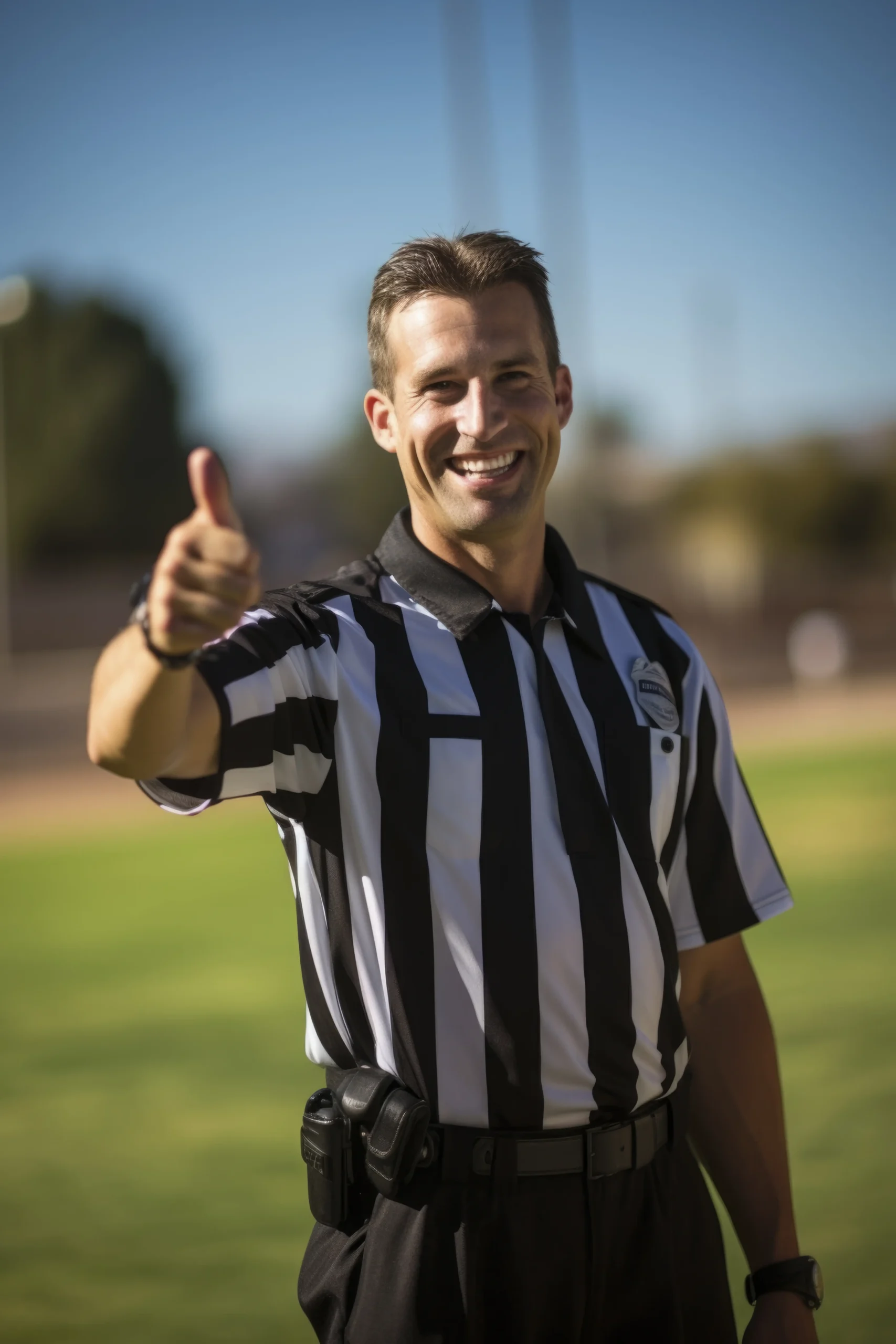FIPAV – FEDERAZIONE ITALIANA PALLAVOLO
Via Vitorchiano 81/87 - 00189 ROMA (RM)
Email:
miotti@federvolley@gmail.com
Research & Insights
Training & Development
New Models for Growth
Key Focus Areas
Social Inclusion & Life Skills
Values in Sports
Sports as Education
WHO DO WE TRAIN?
Children engaged in sports, fostering their development through structured programs.

Methodology
Research and Data Collection
We start by collecting academic research and carrying out surveys, interviews, and focus groups. This stage allows us to better understand the challenges and needs children face, along with the viewpoints of parents, referees, and coaches within the context of sports education.
Educational Model Development
Drawing from the insights collected, we develop customized training programs for referees, parents, and coaches. These programs are implemented in real-life sports settings—such as schools, local sports clubs, and community events—to ensure they are both practical and effective.
Assessment and Continuous Improvement
To evaluate the success of the educational models, we gather feedback from participants and assess their effectiveness. This feedback is used to refine and enhance the programs, ensuring they respond to the evolving needs of the target groups and foster a positive sports culture.
Dissemination of Findings
We share the results and insights from the project through academic publications, workshops, and digital platforms. This ensures the findings reach a broad audience, promoting the adoption of these models and fostering knowledge-sharing across Europe.

Funded by the European Union. Views and opinions expressed are however those of the author(s) only and do not necessarily reflect those of the European Union or the European Education and Culture Executive Agency (EACEA). Neither the European Union nor EACEA can be held responsible for them.